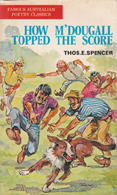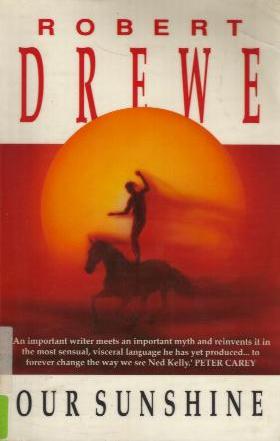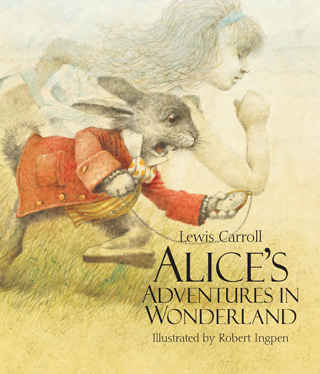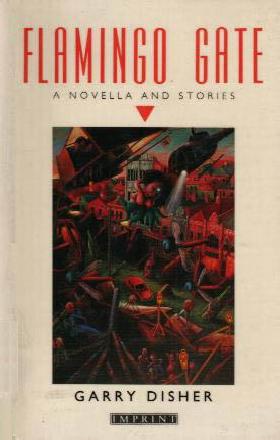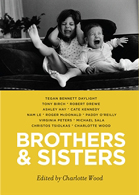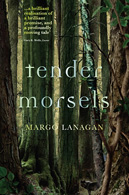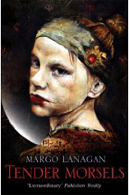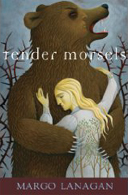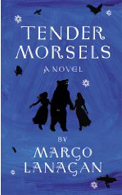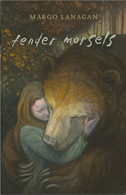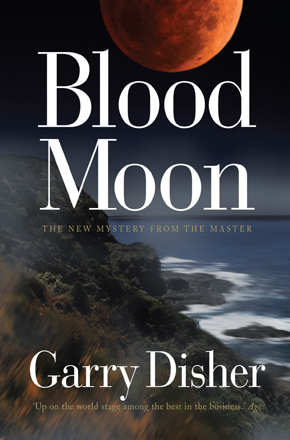At a time when so many new novels of Australian life are appearing, those of the older generation should not be forgotten. For some of them, apart from their intrinsic worth, are of real historic interest.
South Australia, Victoria, and Queensland all have a woman novelist whose experiences date from the pioneering days of the colony -- Catherine Helen Spence, of Adelaide; Ada Cambridge, of Victoria; and Mrs. Campbell Praed, of Queensland.
Miss C. H. Spence's first novel was published in 1856, and must have been one of the earliest Australian novels written. Her fame has been that of a political and social reformer, and few people would have suspected her of writing two-volume novels. It was her ambition, however, when young, to write a great book. In 1851 she sent her first attempt, "Clara Morison," to Smith, Elder, and Co., of London; and she records with evident pride that Mr. Williams, the reader of Smith, Elder, and Co., who had discovered Charlotte Bronte, read the book, and refused to publish it for the same reason that he had given Charlotte Bronte, that "she could write a better." However, in 1856 "Clara Morison" was published in London, and was pronounced by critics to be the best novel yet written In Australia - "a book deserving careful criticism and much praise."
In this book Miss Spence has drawn upon her own experiences in her description of the voyage to Adelaide and life in that city after she arrived there in 1839. There took place in 1851 an unprecedented rush of men to the Victorian goldfields, and she has attempted to describe in "Clara Morison" her experience of a depopulated province, when "there was no king in Israel, and every woman did what was right in her own sight." Clara Morison herself was not a new woman, however, and she was only too glad to marry one of the few men left behind - an attractive young English squatter.
Her second novel, "Tender and True," was accepted by Mr. Williams. Her third novel, "Mr. Hogarth's Will," made such an impression upon Mr. Edward Wilson, the well-known philanthropist, that it led him to alter his will. The story is that of a rich uncle who cruelly disinherited his two nieces. They were in consequence forced to earn their own living. Miss Spence intended to show that the uncle had done very wrong, but Mr. Wilson thought otherwise. He left the bulk of his fortune to Melbourne charities, which benefit substantially every year.
In her last novel, Miss Spence thought that she had at last achieved her ambition in creating "characters that stood out distinct and real." But she could find no publisher for it. She brought it to Sydney in 1900, but was assured "that the only novels worth publishing in Australia were sporting or political ones!"
Mrs. Campbell Praed, of the four novelists mentioned here, is the only genuine Australian. She was born in Queensland, where her father was a squatter and a member of Parliament, so that she had ample opportunity for studying the life she describes so well in her novels. Of these she has written at least twenty. It is said that the interest these books have aroused in England has had an important influence in gaining a bearing for Australian writers. "Longleat of Kooralbyn," her first novel, originally published in 1881 as "Policy and Passion," combines most of the author's strong points, which are "great dramatic force, interest of narrative, and a marked intensity in the sombre passages." Longleat is a squatter and politician in Queensland, a rugged, self-made man, coarse in his manners, but possessing a tender heart, which he cannot for all his desire show to his only daughter. She becomes estranged from him, chiefly owing to the superior upbringing and education which she has acquired in the large cities of the south. The story shows how the lack of love works upon Longleat's spirit, till at last it leads to tragedy for himself and others.
Mrs. Praed's descriptions of Australian scenery are very realistic. She expresses the feeling of fear with which the bush sometimes grips us, and also the feeling of beauty and peace. From her books we can picture the life of the pioneers in Queensland, their struggle to gain a hold upon the land, their isolation and the lack of congenial society in those far back regions. Her stories, though not always pleasant reading, contain characters that are life-like and vivid creations. In "Black and White," and "My Australian Girlhood," Mrs. Praed has given some account of her own life on her father's stations in Queensland; of the neighbouring families, from whom some of her characters seem to be drawn; and the blacks, bushrangers, and gentlemen sundowners with whom she came in contact.
If Mrs. Praed is the Australian novelist best known in England, Ada Cambridge is the best known in Australia. Many think she is entitled to the first place among Australian women novelists, by reason of the quality of her work and the varied distinctiveness of her stories.
"The Three Miss Kings" is perhaps her most populur novel - a pleasant story of every-day life in Melbourne in the early eighties.
Ada Cambridge's "delicate insight into the ways of girlhood and the loving tenderness with which they are presented," makes the novel popular, especially with women. It is valuable, too, in that it keeps for us the atmosphere of early days. Ada Cambridge has written at least 12 novels, all dealing with Australian life. Her "Thirty Years in Australia" gives an account of her sojourn in Victoria from the time of her arrival in this country, a few months after her marriage, till the present day. Unlike many Englishwomen, she seems to have been able to adapt herself to the new ways and conditions of life in this country without difficulty, learning eventually to love and appreciate it.
There was one other woman who wrote an Australian novel about the year 1880. This was Madame Couvreur, or "Tasma," a journalist, who lived In Victoria for some time, and returned to England in 1879. "Uncle Piper of Piper's Hill" is perhaps the best novel yet written on Australia. One critic, writing of this book, says: "Instead of blinding us with local colouring, Tasma enables us to inhale the very atmosphere of the place, and thus give us the most perfect idea of the things, people, and surroundings she describes." The story is a simple one of a rough old Englishman, who has made his fortune in Australia, and is excessively proud of the fact. So anxious is he to show his manifold possessions to his only sister, whom he left a nursery governess in England, that he invites her and her whole family, including a well-born but idle husband, to pay him a visit. They arrive, and much appreciate the luxury and gaiety with which Uncle Piper surrounds them. The story describes the intermingling of the two families for good or ill.
There is a specially delightful picture of a little girl, who exerts a beneficent influence, upon all around her, and through whose agency the story ends up happily. Judging by the well-worn covers of the library copy of this book it is very popular, though there are people well read In English and American novels who have never even heard of it.
First published in The Sydney Morning Herald, 28 January 1914
[Thanks to the National Library of Australia's newspaper digitisation project for this piece.]
Note: I have no idea who "E.B.H." might be.
